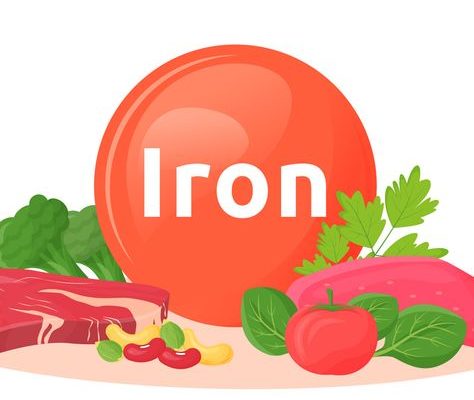Distilled Water Filters Out Contaminants, But That Doesn’t Mean It’s the Best Water to Drink

Distilled water, often considered one of the purest forms of water, is created through a process of distillation. This method involves boiling water to produce steam, which then condenses back into liquid form. As the steam rises, it leaves behind contaminants and impurities such as bacteria, viruses, heavy metals, and chemicals, which do not evaporate with the water. Consequently, distilled water is free from many of the potential health hazards found in untreated water sources.
However, while distilled water’s purity is unparalleled, this does not necessarily make it the best option for drinking. There are several factors to consider when assessing the benefits and potential drawbacks of consuming distilled water:
1.Mineral Content: Distilled water lacks minerals like calcium, magnesium, and potassium that are naturally present in groundwater and tap water. These minerals are essential for numerous bodily functions and contribute to the taste of water. Regular consumption of distilled water may potentially lead to a deficiency in these minerals.
2.Taste: Some people find that distilled water tastes flat or bland due to the absence of minerals and natural substances that usually flavor water.
3.pH Level: Distilled water is slightly acidic because it absorbs carbon dioxide from the air, which dissolves into the water forming carbonic acid. The acidic nature of distilled water can cause it to pull minerals from whatever it comes into contact with in order to neutralize its pH level – including from your body when you drink it.
4.Plastic Contamination: Often, distilled water is sold in plastic containers that can leach chemicals into the water over time or when exposed to heat. The pure nature of distilled water makes it more aggressive in leaching substances from its container.
5.Cost and Environmental Impact: The process of distillation requires significant amounts of energy making it more costly than other forms of filtration and less environmentally sustainable when done on a large scale.
6.Absence of Fluoride: In regions where tap water is fluoridated, drinking distilled water means missing out on fluoride’s benefits for dental health.
In conclusion, while distilled water can be exceptionally beneficial for removing impurities and contaminants from drinking supplies, especially in cases where no other clean source is available or where very pure water is needed (such as in medical or industrial settings), for everyday consumption its benefits may be outweighed by its drawbacks related to mineral content and potential environmental impacts. It’s important for individuals to weigh these considerations against their personal needs and circumstances when deciding on whether consuming distilled water is right for them.



